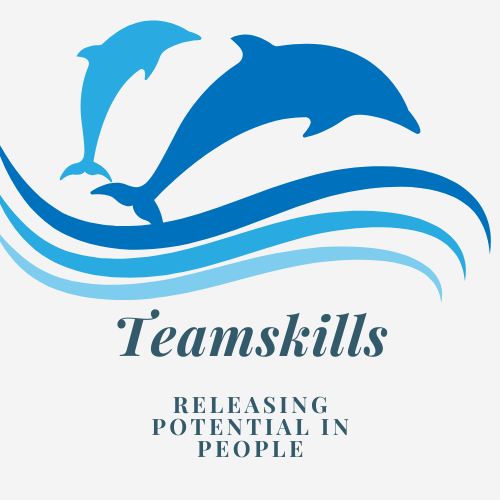Are You Right?
The following abridged article is taken from our book, Entitled to Respect and seems very topical at the moment.
Throughout the world and particularly in the Middle East people are claiming rights they have been denied over a period of many years. The Egyptian people’s struggle to have their rights accepted is, I think, an inspirational story of how with peaceful means our individual and collective rights can be exercised.
For us, who are not presented with the challenge to suffer or die standing up for our rights, we never the less allow our rights to be diminished in more subtle but destructive ways.
No doubt there have been times in your life when you’ve been uncertain, about whether what you want to do is “right”? You may well have had conversations with yourself that asked, “Have I the right to say this? Do I have permission to do this? Am I justified in asking for this?
Equally at times you may have thought, “This person has no right to do that or treat me in this way!” This thinking can prevent you behaving assertively in situations where you/others actually do have the right.
‘Rights’ are central to behaving assertively
A Right is something to which you are justly entitled
Rights are the key to living your life in a balanced and assertive way.
When you act upon these rights but do not give the same rights to others, your behaviour becomes aggressive. When you give others rights that you do not also claim for yourself, your behaviour becomes submissive or non-assertive. When you accept rights for yourself and also give them to others, your behaviour is likely to be in balance, assertive and in the spirit of win- win. The balancing of Rights provides internal permission and affirmation to behave in an assertive way.
Rights and Responsibilities
Rights are like picking up a stick. When you pick up a stick you pick up both ends. Similarly when you pick up a Right you also pick up a Responsibility.
For instance, if you claim the right to be human and make mistakes you need to accept the responsibilities that are attached to it:
To have taken due care
To admit your mistake
To learn from the mistake
Not repeat the same mistake again
To ask for help if you don’t know how to correct it
Otherwise acting on Rights would be an open cheque book for avoiding responsibility and the consequences of your behaviour.
Sometimes you may act on your rights out of frustration, anger or as the last resort. If so you may remember your self talk and the tone of that internal voice: ‘Right, that’s it, I have a right to do this!’ The likelihood is that you acted aggressively and got the balance wrong.
Particularly, when you are faced with difficult situations or where you are unsure what to do, thinking through yours and others rights will lead you to behaving assertively. It is important to know:
Which are the rights you currently accept for yourself and act upon?
Which are the rights you give to others and allow them to act upon?






